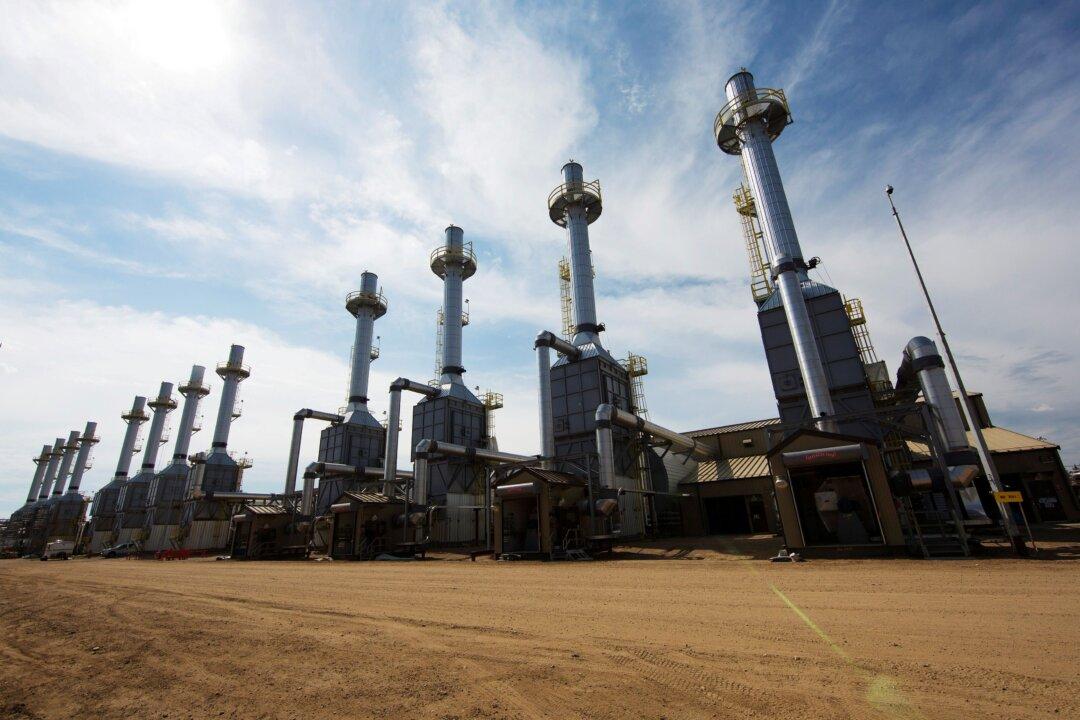The chief executive of Cenovus Energy said he is confident shareholders will approve its acquisition of rival Husky Energy, despite big quarterly losses and a stock sell-off.
Cenovus and Husky lost more money than analysts expected and took impairment hits in the third quarter, the companies said on Thursday, adding concerns to a $3.6 billion merger announced days earlier.





